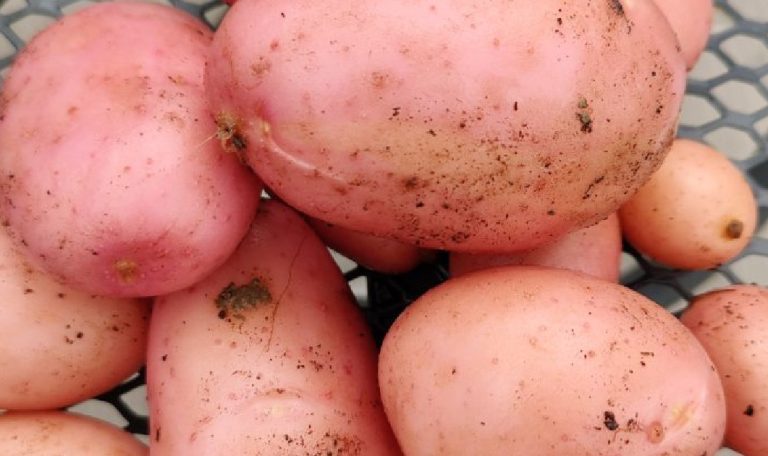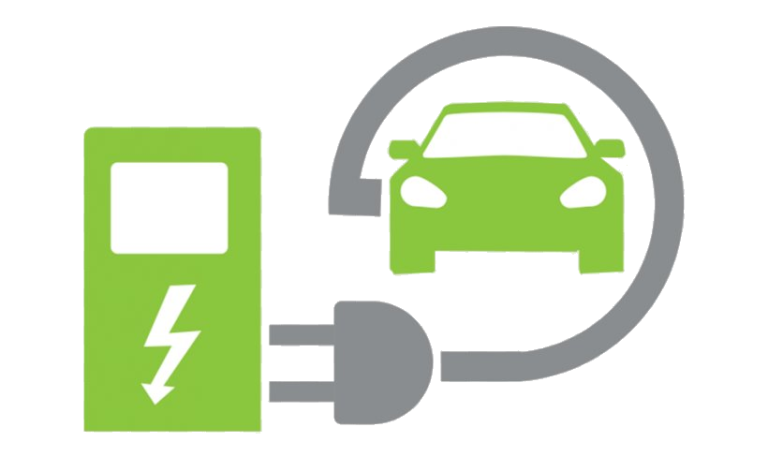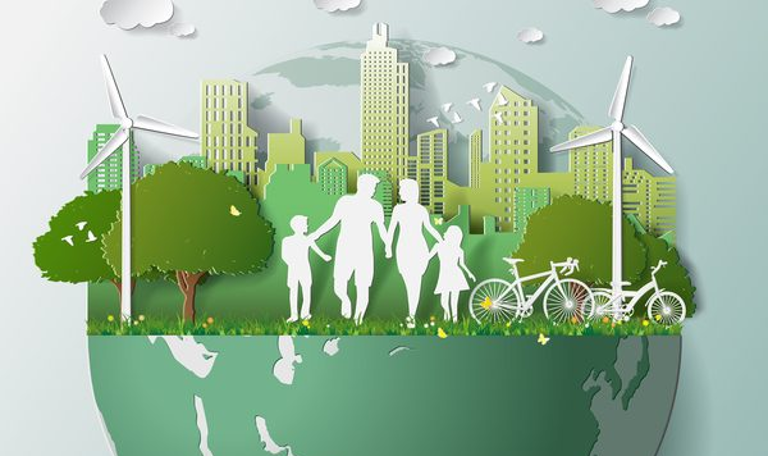
Why is the local economy a Transition issue?
If our community is to withstand the vagaries of climate change and ever changing commodity prices, then we need a strong local economy. The more we can produce locally, for ourselves, the less we are affected by outside events beyond our control. Producing locally also has a huge effect on the carbon footprint of a product – we’ve all heard of ‘food miles’, but that concept applies to everything that we import from elsewhere.
What can we do about it?
Shop Local
As individuals, we can all think about what we buy, whom we buy it from and where it came from. Money spent locally gets re-circulated, as the person you give it to also spend some of it locally, hopefully with someone else who will spend it locally and so on, all of which supports the local economy.
Economists call this the ‘multiplier effect’. Money spent with multi-nationals and ‘fulfilment warehouses’ leaves the local economy never to return, weakening our resilience – Economists refer to this as ‘extracting wealth’.
Producing locally also has a huge effect on the carbon footprint of products – we’ve all heard of ‘food miles’, but that concept also applies to everything that we import from elsewhere. The living and working conditions of the people who make the products that we buy are more likely to be unhealthy when they come from far away places where checks and regulations are more difficult.
Reduce, Reuse & Repair
Reduce, Reuse and Repair are economic and environmental principles that help reduce our individual impact. A key thing that we can do for the environment and our own well being is to buy, use and waste less stuff. Do you really need to buy that new item? Could you get one second hand? Do you have stuff you could pass on to keep financial and environmental costs down?
As a community we can do far more
Which is why Transition Buxton:
- Runs the Buxton Library of Things;
- Run the monthly Buxton Repair Café;
- Actively support Buxton Markets (CIC) which is run by our community (not the local authority);
- Hosted Big Buxton Conversation One and Two in April and November 2021;
- Hosted mini-seminars about Participatory Budgeting and the Donut Economy during lockdown;
- Contributed to the work of Kickstart Buxton, initiated by Buxton Rotary, to support a fair and sustainable economic recovery from the Covid 19 pandemic.
We also work with other organisations in the town to support independent local businesses and individuals.









